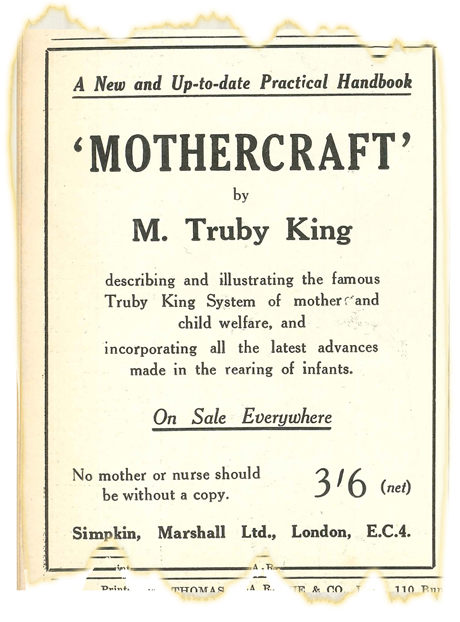
2 June 1926
‘Every woman, no matter what her position, should remember that the critics of womanhood will snatch one particular case and magnify it to a type… For this reason, we should I think – don’t you – incline to be just to the point of generosity when dealing with subordinates. When we have achieved this we shall have gone far along the path towards real equality of the sexes.’
22 April 1936
‘Strong opposition to universal co-education came from the President of the National Association of Schoolmasters... “Faddists”, said Mr Agar, “may point to co-education experiments where the sexes mix in work and play to their mutual benefit, but the vast bulk of the evidence is the other way” and added that the infants’ and the girls’ school should be the province of women teachers, the boys’ school entirely that of men. These are surely very sweeping statements. Indeed, the report of the conference... reads as though the speakers were influenced in what they said... by their necessity as men to earn a living rather than by considerations of the wider question of education as a whole.
12 July 1957
‘Parents are often distressed when they discover that one of their children masturbates. Many parents think that the child must be abnormal and worried because they have heard from time to time that such a practice is bad for a child’s health or… likely to make the child infertile. This is not so. Indeed, it is not even very abnormal.. The most important thing is that the child should not feel that you are in the least upset about the matter, as he will… feel guilty.’
3 November 1960
‘There has been a good deal of debate between our readers in recent weeks on the question of smacking as a mode of punishment… in many people’s minds, punishment has come to mean discipline, that these methods, however variable, are all taken as a substitute for the guidance and restraint that we think of when we talk loosely about “bringing up children”’

Advert for King's book from 12 February 1936
8 April and 3 June 1971
‘Some husbands who attend the birth of their baby cause more problems than they solve. They imagine they are doctors and treat nurses as subordinates. And some… do not leave when asked. Others faint. But 92 per cent of husbands believed their presence had been of some help to their wives.’
‘Although the birth of your baby is an exciting experience it can also be a traumatic one and, to be honest, no woman looks her best during birth when she is working hard to deliver her infant. You may prefer your husband to see you when it is all over and you can sit up in bed with your make-up on, wearing your prettiest nightdress and with the new baby held proudly in your arms.’
25 February 1988
‘We don’t need to be told that society prefers its little girls to be pretty, docile and passive, and its boys to be active, brave and adventurous. Packaging on toys, and produce advertising generally, tends to reinforce this image. What is less obvious is that this kind of stereotyping can seriously prevent children developing as individuals.’
29 April 1993
‘A lesbian couple have been approved as short-term emergency and respite carers for babies and young children after a three-year fight with their local authority. A Hampshire council spokesman said, “It would be wrong to mix up a policy looking after the best interests of a child with a policy on equal rights.“’
4 October 2007
‘The only gauge of [children’s] maturity is their outward behaviour, and this is often misleading. Today’s children are quick to pick up streetwise behaviour and catchphrases that make them appear old beyond their years. Our tests-and-targets education system adds to this… To politicians it seems a good idea to push children to achieve more when they are young, so they get a head start on children in other countries. In fact, concentrating on cognitive development at the expense of other aspects of psychological growth can be deeply damaging in the long run.’
